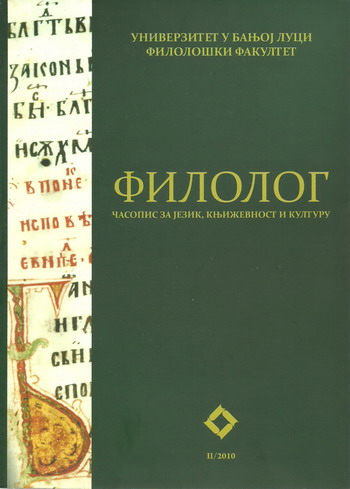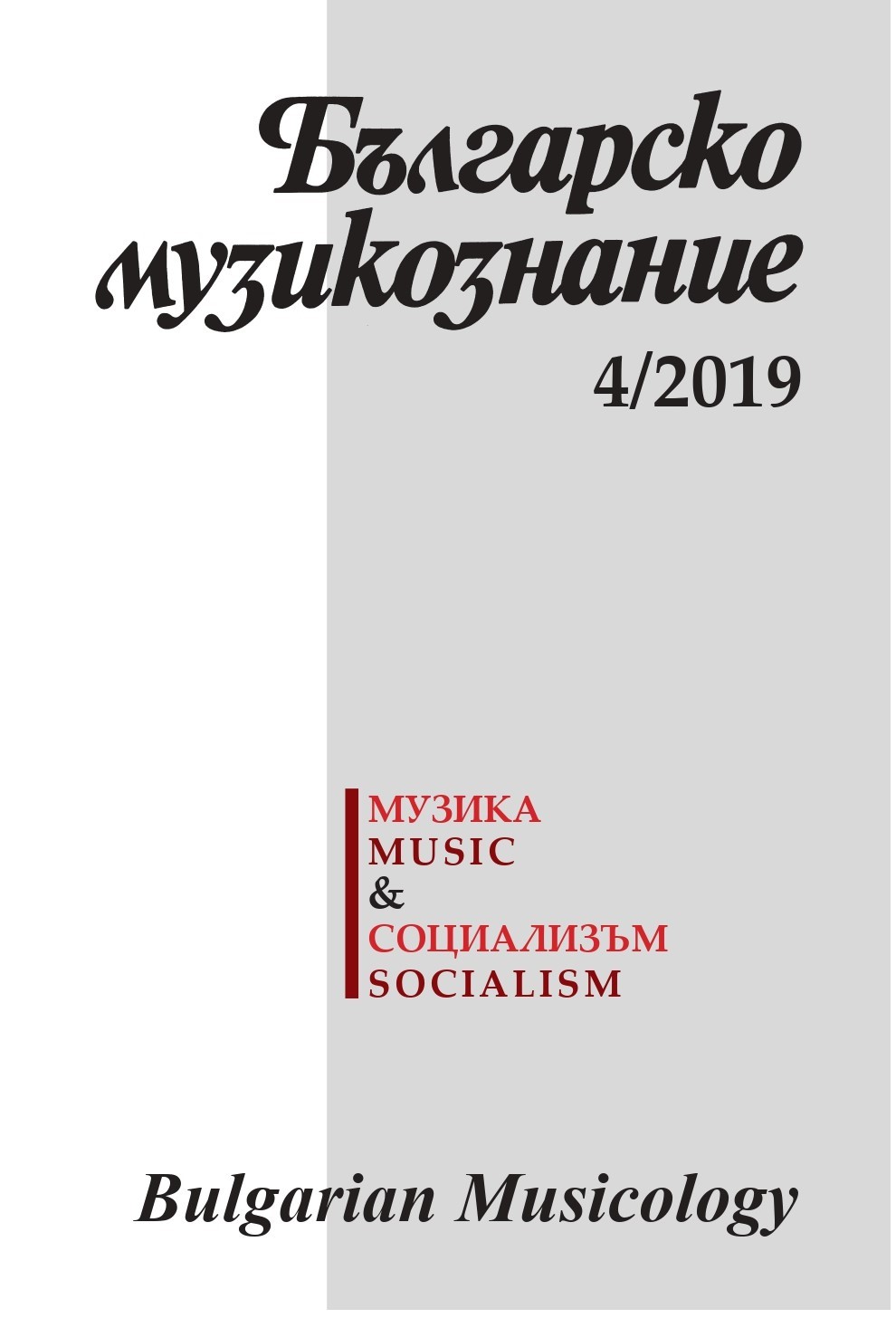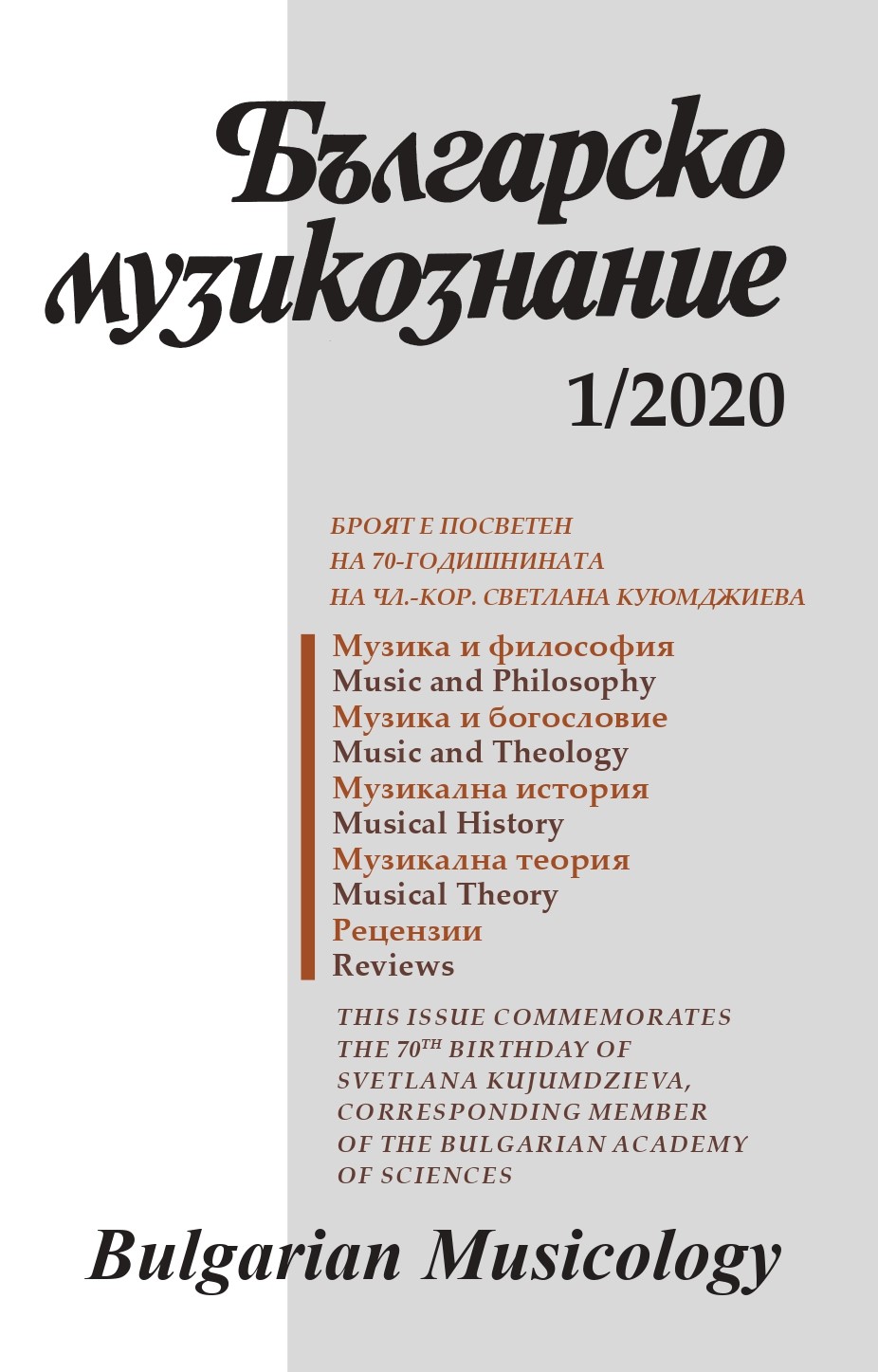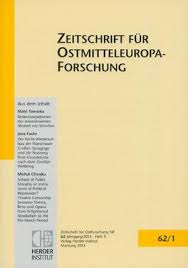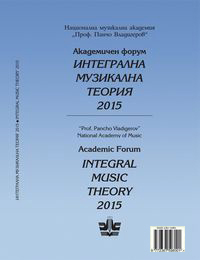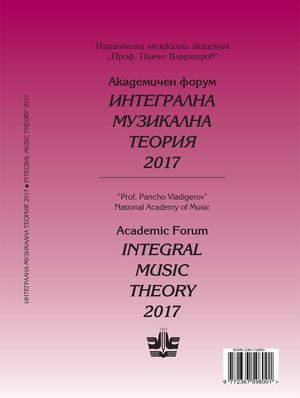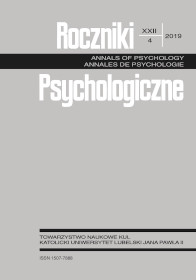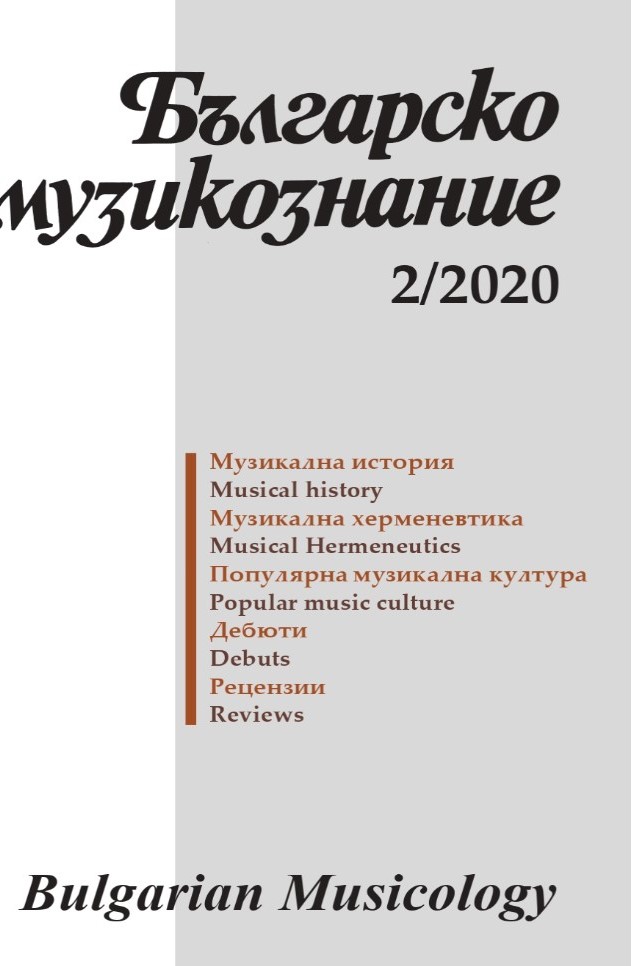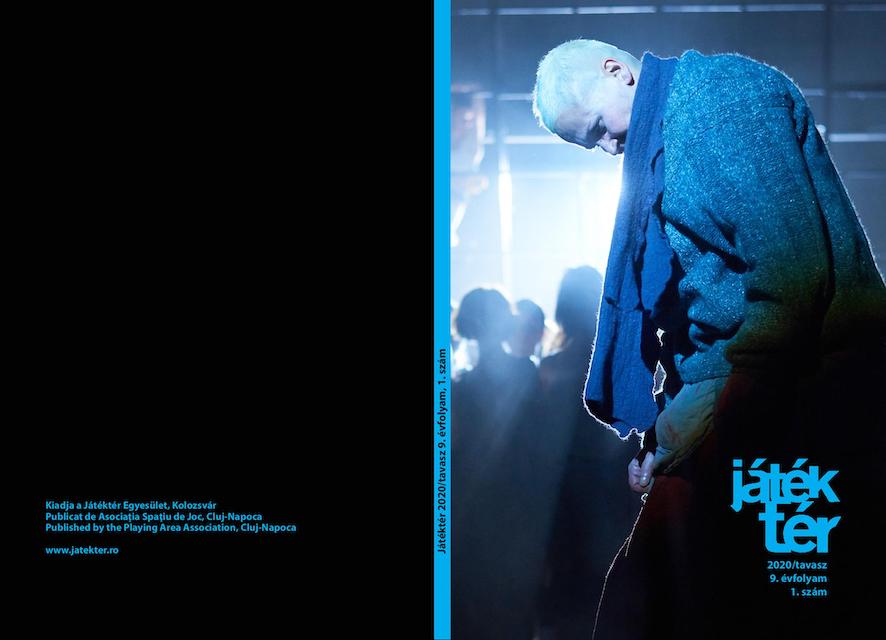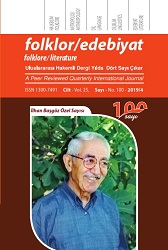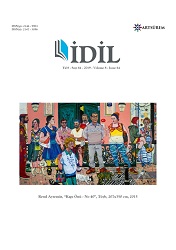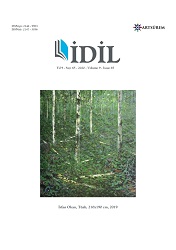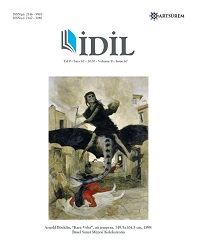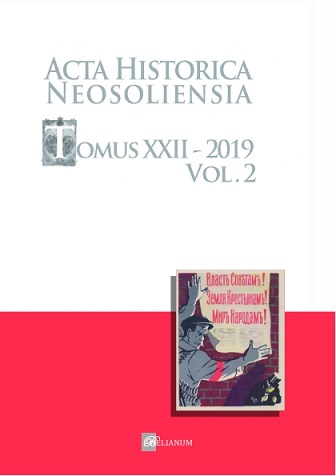
Historie a živá paměť slovenského folku. Ohlédnutí za fenoménem písničkářství v dobách normalizace
The study attempts to open the topic, especially from its historical perspective. Based on the existing literature, but mainly through the memories of involved people (organizers, musicians), it briefly introduces the issue of folk music and song writing in the last two decades of socialist Czechoslovakia. It deals with issues such as cultural transfer of the phenomenon to Slovakia, or specifically with the information channels through which musicians drew the inspiration for their own work. The main part is devoted to the placement of folk music in the socialist culture and the forms of its regulation by the authorities, security forces and fellow citizens; this develops particularly into two micro historic case probes comparing State Security writings and respondents' memories.
More...
